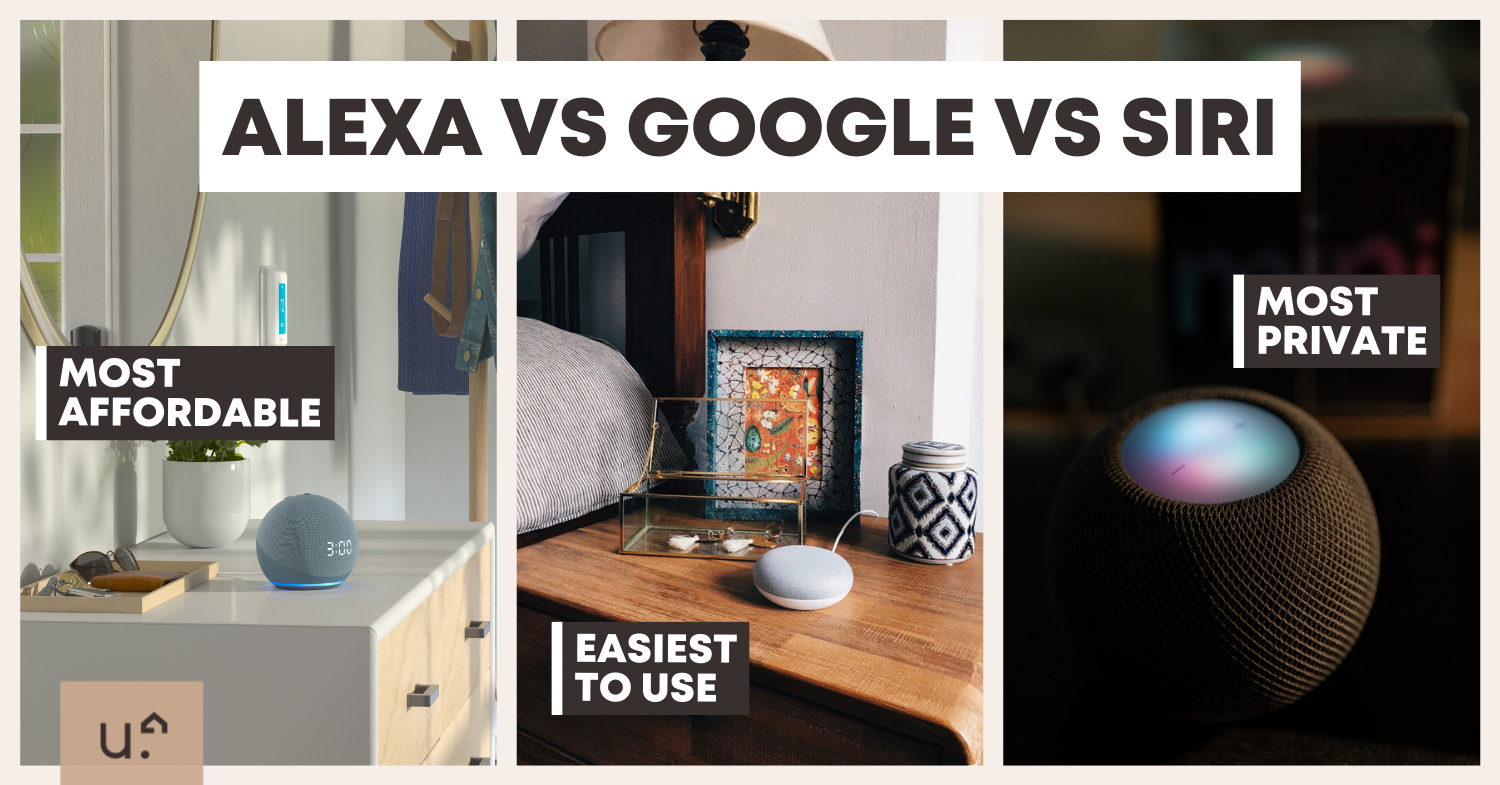Unlocking Efficiency: How AI Personal Assistants Transform Your Daily Life
In today's fast-paced world, time is a precious commodity. With our busy schedules, overflowing to-do lists, and countless distractions, finding ways to enhance our efficiency has become more important than ever. This is where AI personal assistants come into play, revolutionizing how we manage our daily tasks and freeing up valuable time for the things that really matter.
These intelligent tools are designed to streamline our lives by handling everything from organizing our schedules to managing our emails. By leveraging advanced machine learning and natural language processing, AI personal assistants provide personalized support tailored to our individual needs. As we explore the transformative benefits of these virtual companions, it becomes clear that they are not just a luxury but a necessary addition to our daily routines, helping us unlock new levels of efficiency and productivity.
Features of AI Personal Assistants
AI personal assistants offer a range of features designed to simplify daily tasks and enhance productivity. One of the most prominent features is voice recognition, allowing users to interact with their assistant hands-free. This capability enables users to send messages, make calls, or set reminders just by speaking, making it easier to multitask and stay organized throughout the day.
Another essential feature is task management, which allows users to create, manage, and keep track of to-do lists and appointments seamlessly. AI personal assistants can integrate with calendars and applications to intelligently schedule meetings and send notifications for upcoming events. This automation helps users prioritize their tasks and ensures that nothing important slips through the cracks.
Additionally, AI personal assistants utilize advanced algorithms to learn from user preferences and behaviors over time. This personalization enables the assistant to provide tailored recommendations, such as suggesting optimal times for activities or offering reminders based on user habits. This adaptability makes AI personal assistants not just tools, but valuable companions that evolve with individual needs.
Benefits of Using AI Personal Assistants

AI personal assistants offer remarkable time-saving advantages that enhance productivity in daily life. By automating routine tasks such as scheduling appointments, managing to-do lists, and sending reminders, these assistants allow individuals to focus on more important responsibilities. This not only streamlines workflows but also reduces the cognitive load associated with trying to remember various tasks and deadlines.
Another significant benefit of AI personal assistants is their ability to provide personalized support. They learn from user interactions and preferences, enabling them to tailor recommendations for activities, shopping, and even meal planning. This customization means that users receive information and suggestions that align closely with their lifestyle and needs, making daily decision-making more efficient.
Moreover, AI personal assistants improve accessibility and communication, bridging the gap between users and their devices. With voice recognition capabilities, individuals can operate their gadgets hands-free, which is especially beneficial in multitasking scenarios. ai personal assistant enhances convenience, allowing users to accomplish tasks while they are engaged in other activities, thus promoting a more efficient and connected daily routine.
Future Trends in AI Personal Assistance
The future of AI personal assistants is poised to become even more integrated into our daily lives. As machine learning and natural language processing technologies advance, these assistants will offer increasingly personalized experiences. They will learn from user preferences and behaviors, enabling them to anticipate needs and provide proactive solutions. This will transform them from mere task managers to indispensable life companions that streamline daily routines and reduce the cognitive load on users.
Another significant trend is the enhancement of multi-modal interaction capabilities. As AI personal assistants evolve, they will support richer communication methods, including voice, text, and visual interfaces. This will allow users to interact with their assistants in the way that suits them best, whether through voice commands while cooking or visual displays when planning schedules. Such advancements will make AI personal assistants more versatile and accessible, catering to a broader range of preferences and environments.
Finally, the rise of privacy-focused AI personal assistants is becoming increasingly important. With growing concerns about data security and user privacy, more developers are prioritizing ethical AI practices. Future AI personal assistants will incorporate features that ensure users have control over their data while still benefiting from personalized assistance. This balance between functionality and privacy will be crucial in building trust and ensuring widespread adoption of AI personal assistants in everyday life.